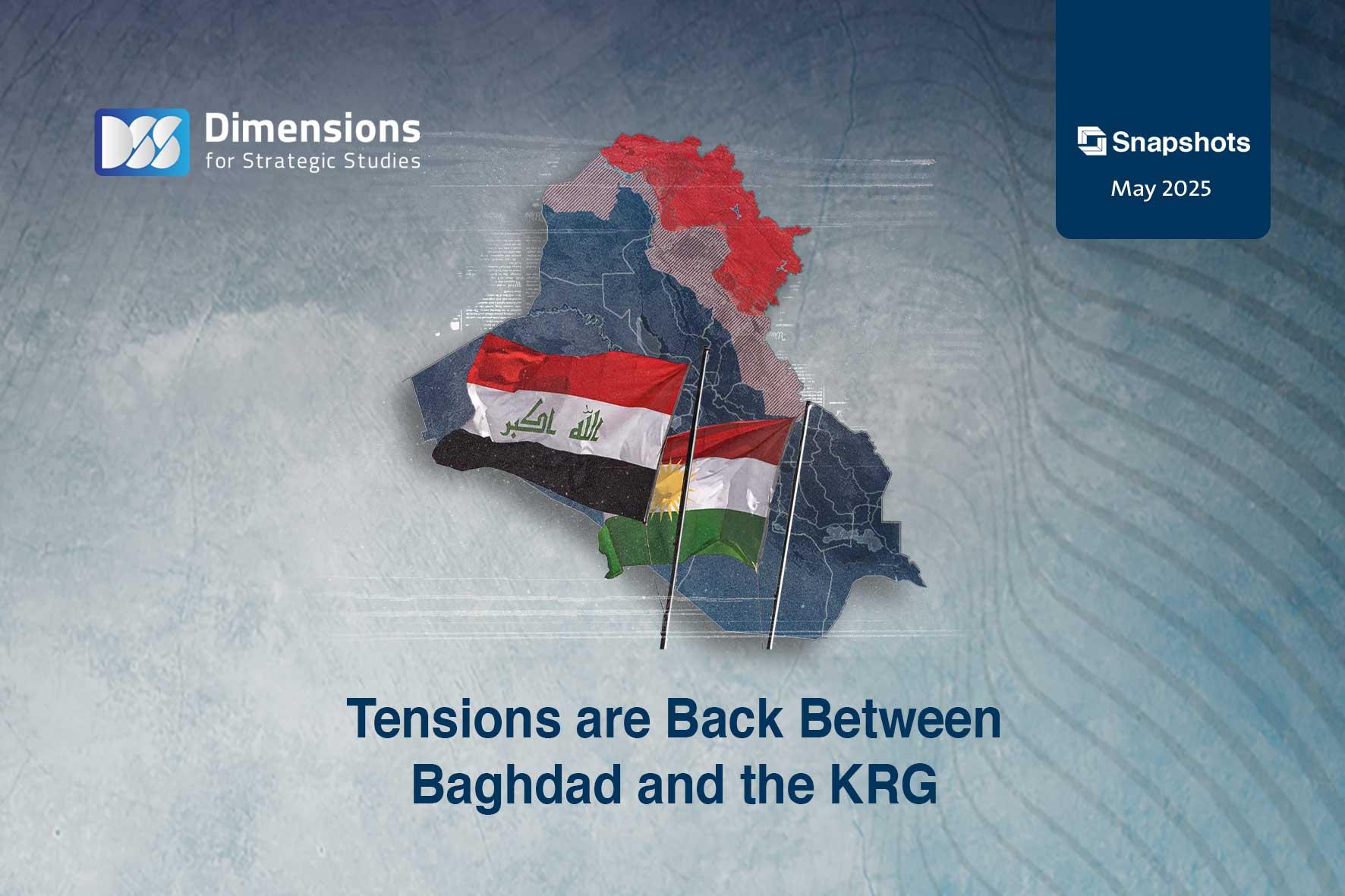
Tensions are Back Between Baghdad and the KRG
2025-05-276527 view
Tensions are rising again between Iraq’s central government and the Kurdistan Regional Government (KRG), ostensibly over energy deals and government positions—but the dynamics of the dispute are driven by U.S. pressure and Iran’s regional retreat.
The latest spat between Baghdad and Erbil stems from the KRG’s signing of oil and gas agreements with American companies hoping to invest in the oil-rich enclave region, ignoring a constitutional requirement that it can only do so in consultation with Baghdad.
These moves prompted the central government to notify the KRG, and Washington, that the agreements are null and void.
The next point of tension was a warning from the Iraqi Federal Court, which urged the Iran-backed Coordination Framework coalition to seize control of the region, due to the fact the country has yet to form a central government, nearly seven months since November parliamentary elections.
The KRG’s main parties are engaged in an internal struggle over federal government positions, delaying the appointment of a Speaker of Parliament.
The Kurdistan Region’s move to sign oil and gas deals without the approval of Baghdad is something akin to a U.S.-backed rebellion. In recent months, Washington has stepped up its support for the KRG’s administration dominated by the Kurdistan Democratic Party (KDP), as part of efforts to roll back Iran’s influence in Iraq.
American forces have also increased their presence at the Harir base in Erbil, and Washington supports the KRG’s efforts to expand its diplomatic efforts in the region, such as by mediating between Türkiye and the Syrian Democratic Forces (SDF).
Despite its chagrin, Baghdad has few options to confront the KRG’s moves, and is not likely to be able to tighten its grip on the region for fear of a reaction from the Trump administration, which misses no opportunity to ratchet up the pressure on Baghdad to wrench itself from Iran’s embrace.
As a result, a new balance is emerging in Iraq, characterized by the decline of Iran’s role, escalating U.S. pressure, and the increased influence of other regional countries, such as Türkiye and the Gulf states, in Iraq’s affairs.





